
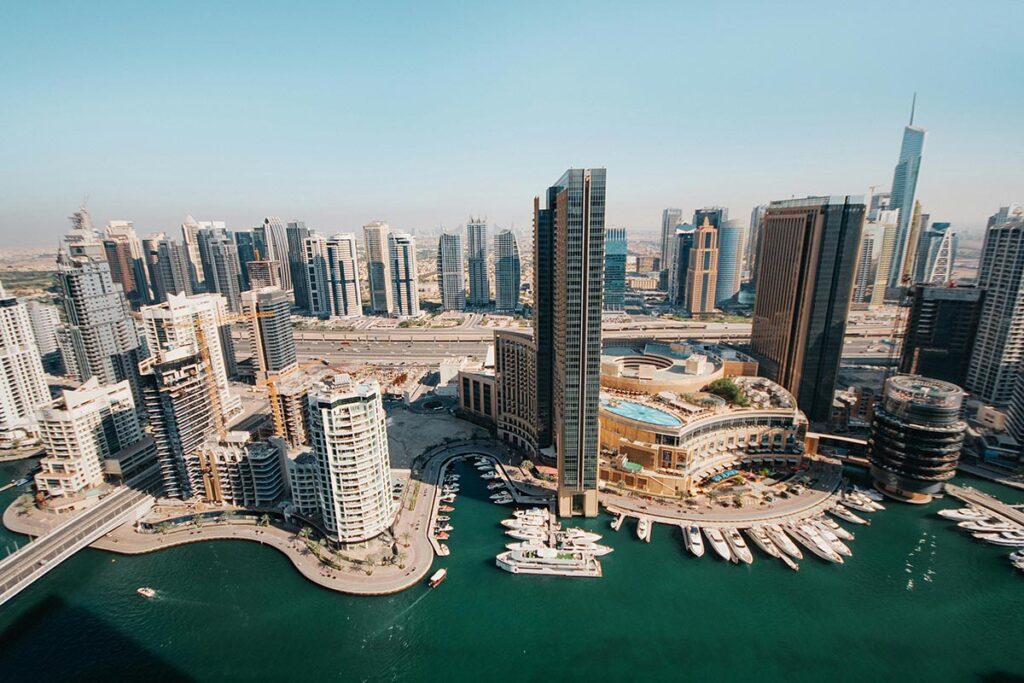
Are you considering investing in off-plan properties in Dubai, but not sure where to begin? You’re not alone. Many investors struggle to navigate this exciting yet complex market.
You have the potential to make wise investment choices, but knowing how to evaluate off-plan projects is crucial for minimizing risks and maximizing returns.
As your trusted guide, we offer the knowledge and experience to help you make confident, informed decisions. In this article, we’ll cover:
- Key factors to assess when evaluating off-plan investments
- Risk management strategies to safeguard your investment
- Tools and resources to help with your decision-making
By following this approach, you’ll be ready to evaluate off-plan properties in Dubai and set yourself up for long-term success.
Let’s get started!
1. Understanding Off-Plan Investments in Dubai
What Are Off-Plan Properties?
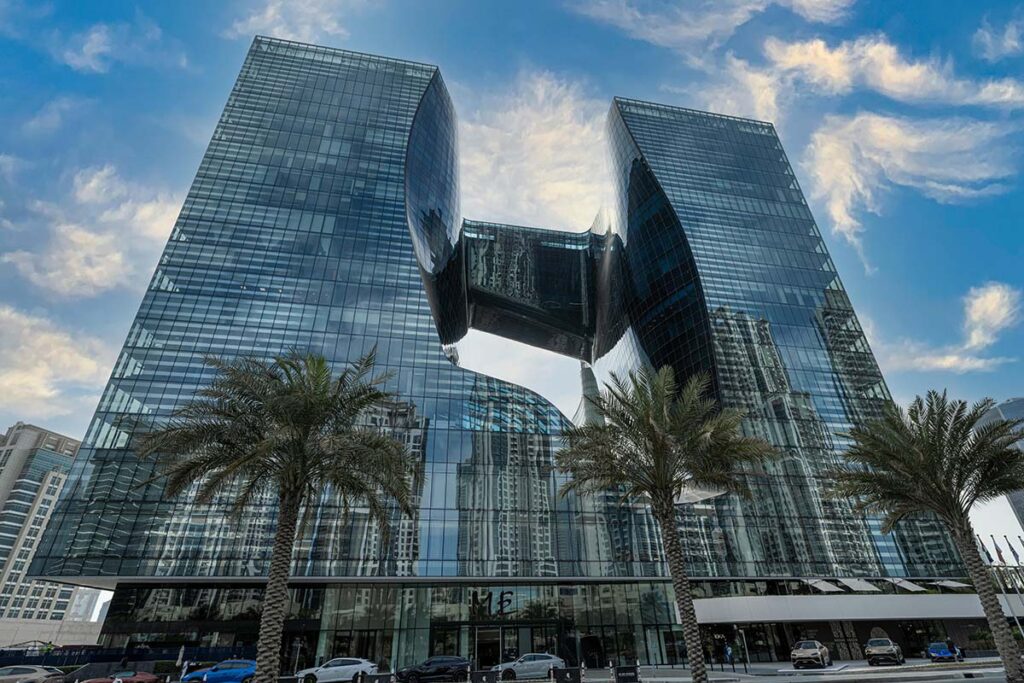
Off-plan properties are homes sold before they are built. One of the main advantages of buying off-plan properties is that they are often available at lower prices compared to completed properties. Buyers choose from plans and drawings.
These homes usually cost less than finished ones. Developers offer payment plans during construction. This helps buyers pay in steps. But there are risks. Construction may be delayed. The market may change.
Buyers should check the developer and the project carefully, conducting a thorough background check on property developers to ensure a secure investment.
Key Stakeholders Involved

Several key stakeholders are involved in off-plan property transactions in Dubai:
- Developers are responsible for planning, building, and delivering the project. They handle construction timelines, marketing, and offer structured payment plans to buyers. A good developer makes your investment safer. Selecting a reputable developer with a strong track record of delivering high-quality projects on time is crucial. This ensures customer satisfaction and minimizes risks for investors.
- Real Estate Agents act as intermediaries. They assist buyers with property selection, provide market insights, and often have access to exclusive or early-phase project listings.
- Buyers include individuals and investors purchasing for personal use or capital gain. Their role involves conducting due diligence and making informed decisions based on financial goals.
- Regulatory Authorities, such as the Dubai Land Department (DLD) and Real Estate Regulatory Agency (RERA), regulate the market. They ensure projects are registered, enforce escrow account use, and protect buyers’ rights.
Each stakeholder plays a distinct and essential role in ensuring a transparent and successful off-plan property transaction.
Legal Framework and Regulations

Dubai has laws to protect people who buy off-plan properties. RERA checks that developers follow the rules. Buyers’ money goes into a special bank account. This money is used only for building the project. The sale contract shows payment plans and project timelines.
Buyers should read the contract carefully. The sales and purchase agreement (SPA) is crucial as it outlines the legal and financial responsibilities, ensuring proper documentation and protecting the buyer’s investment. These rules help make buying off-plan safer.
2. Critical Factors When Evaluating Off-Plan Investments

When buying off-plan properties in Dubai, check the developer’s track record, the location, and the payment plan. Know the construction timeline and make sure legal rules protect you. These factors affect your investment.
Market fluctuations can significantly impact property values, so selecting strategic locations and reputable developers is crucial to mitigate these risks.
Assessing Developer Track Record
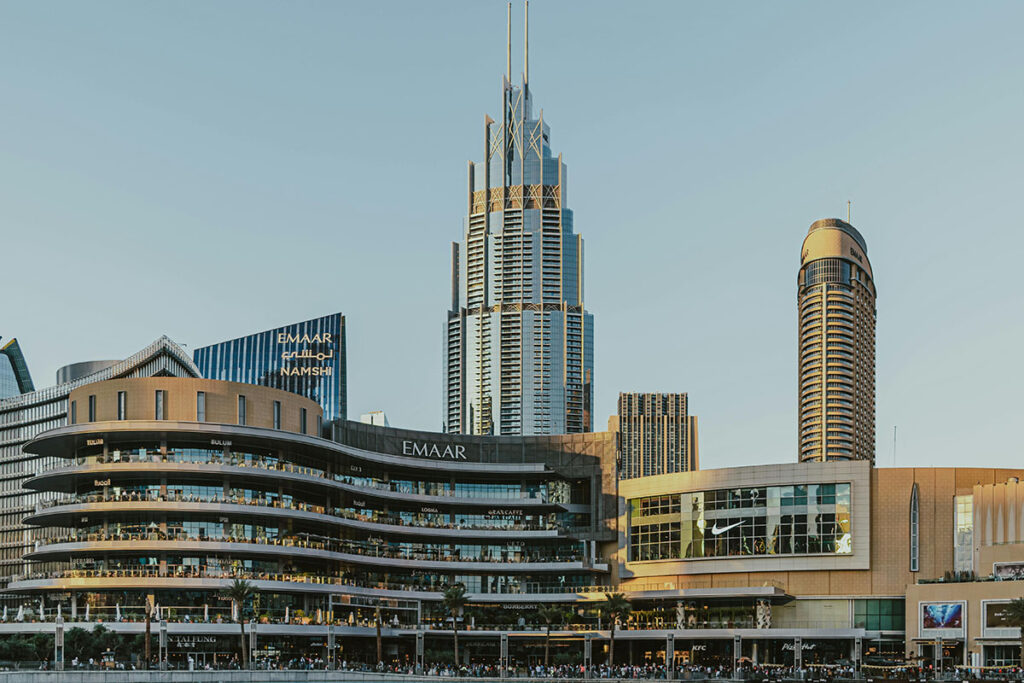
The developer’s proven track record is important when buying off-plan. Check if they finish projects on time and with good quality. Look at customer reviews and ratings. See if they have any legal issues. A developer with many completed projects is more reliable.
Awards can show they are trusted. A good developer makes your investment safer. Selecting developers with a proven track record of delivering high-quality projects on time minimizes risks and assures superior design and construction quality.
Project Location Analysis

The location of a project is important for its future value. Check if it’s close to schools, hospitals, and transport. Easy access to transportation links such as roads and public transport makes it more attractive. Look at how the area is growing and if there are future plans.
Proximity to key amenities like schools, hospitals, and shopping centers can significantly influence property value and investment potential. A good location can increase demand, rental income, and resale value.
Investing in prime locations such as Business Bay, Meydan, and Dubai Marina can offer strong rental yields and capital growth. Also, check local laws and future building plans. Investing in off-plan properties located in areas with strong growth potential and high demand can yield significant rental income.
Evaluating Payment Plans
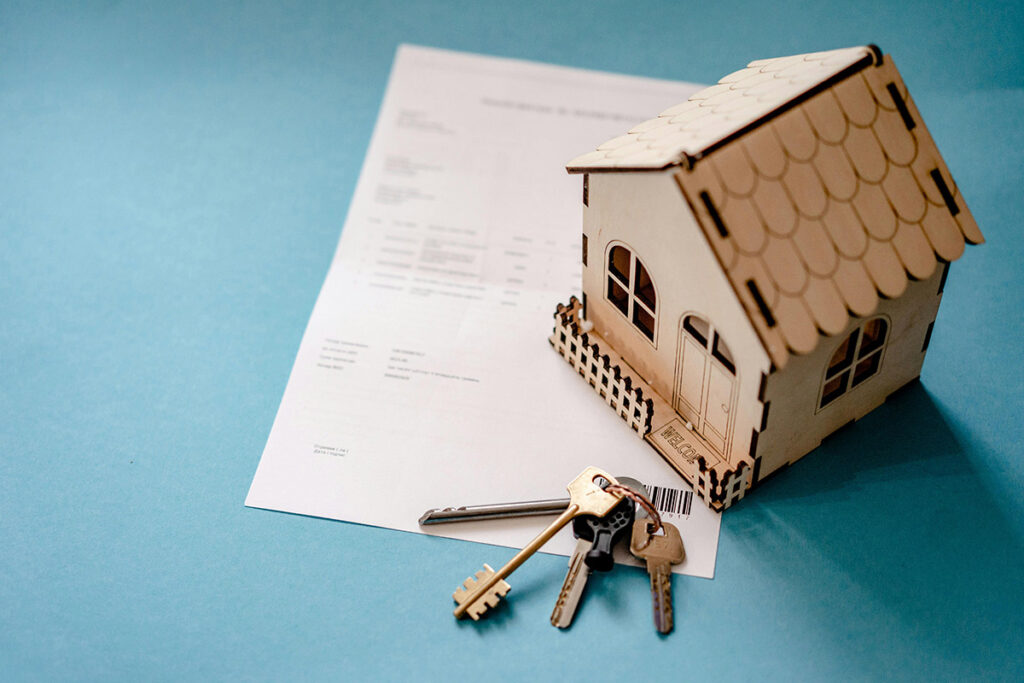
Flexible payment plans make off-plan properties easier to buy. Check the total cost, deposit, and payment options before you agree. Make sure the payment plan fits your budget. Some developers give discounts for early payments.
Be aware of late payment penalties. Post-handover plans let you pay after moving in, which can help spread the cost. Always understand the payment schedule before investing.
See also What is ROI and How to Calculate It
Reviewing Construction Timelines

The project’s timeline affects your investment’s value. Delays can reduce returns, so check the expected completion date. Developers should provide clear milestones and deadlines. Understand penalties if the project is late. Regular updates help you track progress.
Matching the timeline with market conditions can improve your returns. Understanding the project’s timeline ensures it aligns with your investment goals and allows you to anticipate any risks related to construction delays or market fluctuations.
4. Assessing Risks and Mitigation Strategies
Understanding Market Volatility
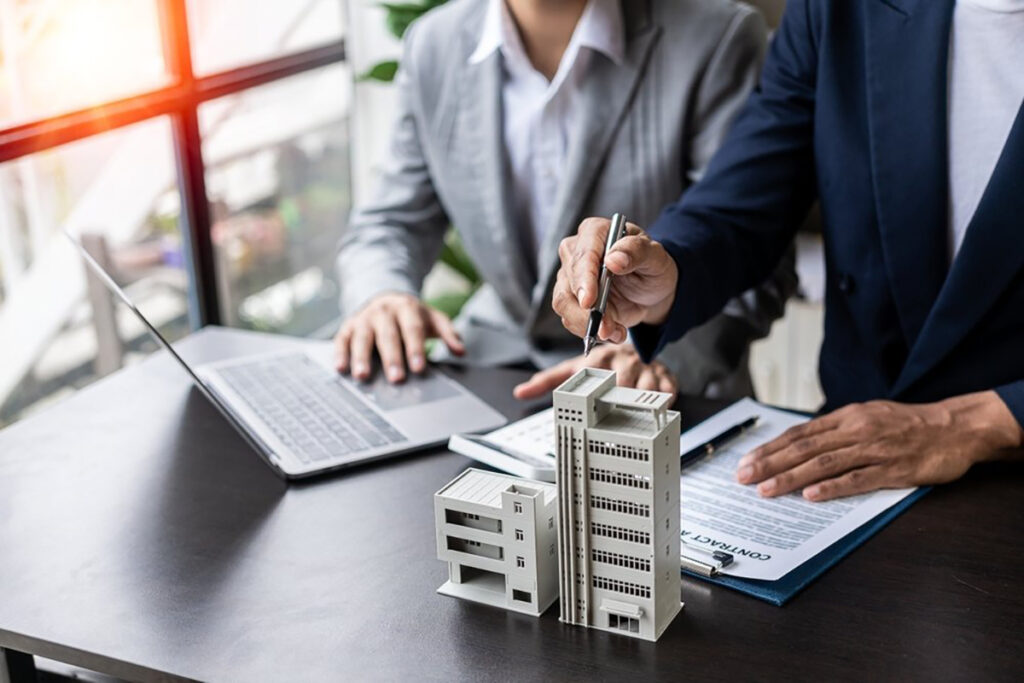
Evaluating risks is important for off-plan investments. Understanding the dynamics of the Dubai property market is crucial for making safer investment choices. Market changes, delays, and financial protection all matter. Economic shifts or changes in buyer interest can affect prices.
Research market trends to understand price changes and growth areas. Look at rental yields, growth plans for the area, and any new government rules. This helps you make safer investment choices. Additionally, assessing a developer’s financial stability as part of the due diligence process is essential.
By verifying the developer’s financial health, potential investors can minimize risks and ensure that their investment will be successful and meet high-quality standards.
Managing Delays and Cancellations
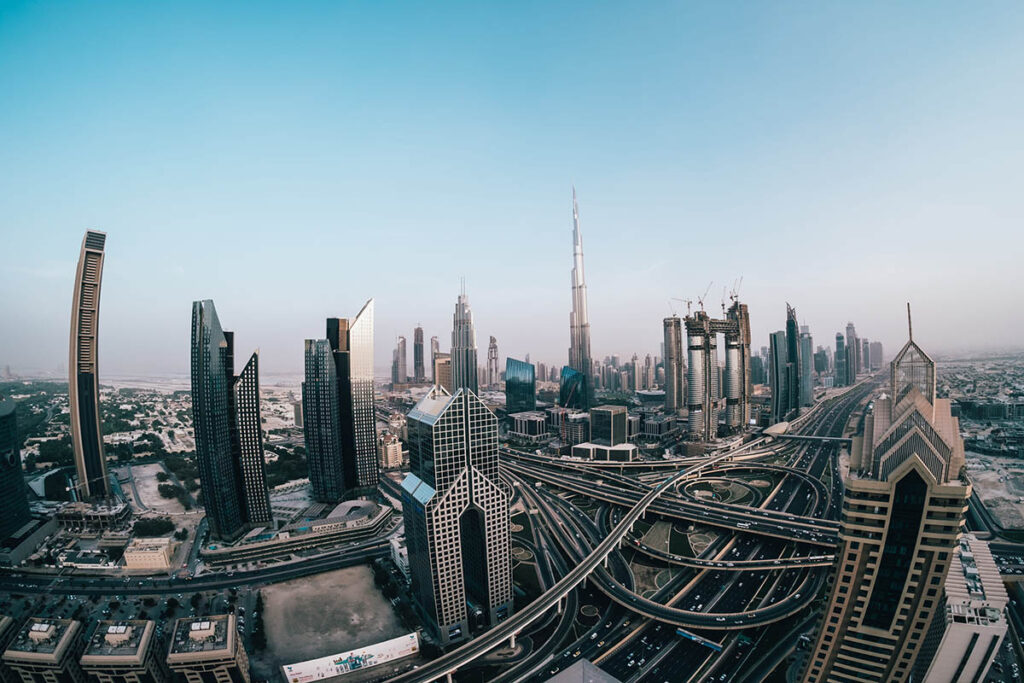
Project delays are common in off-plan developments. They can happen because of construction problems or developer issues. Check the developer’s past projects to see if they finish on time.
To manage risks:
Talk to real estate experts for advice on possible delays. Conducting thorough research and due diligence can help mitigate risks associated with delays and cancellations.
Review contracts for timeline details and penalties for delays.
Stay in touch with the developer for updates.
Verifying Escrow Account Protections

In Dubai, escrow accounts are used to protect buyers’ funds in off-plan property transactions. The funds are held safely until specific construction milestones are met, ensuring that the money is used only for the project’s development.
Regularly monitoring construction progress and staying in touch with the developer can confirm that the project is on track. Escrow accounts must comply with UAE regulations, and buyers should understand how the funds will be used and when they will be released.
Checking the account and progress regularly helps reduce risks in off-plan property investments. Additionally, conducting thorough due diligence when investing in off-plan properties in Dubai is crucial.
This involves carefully evaluating the reputation of developers, understanding market dynamics, and anticipating potential risks to maximize investment returns and make informed decisions.
5. Forecasting Returns and Exit Strategies
Analyzing Potential Capital Appreciation

Capital appreciation means the property’s value goes up over time. Off-plan properties can make a good profit if the market is right. This depends on the location, demand, and market trends. It’s important to study the market before buying. Past prices can show future growth.
Properties in good areas, with trusted developers, and near new roads or metro lines, usually grow in value. These factors help make a better investment. Careful planning and strategic execution are crucial when investing in off-plan properties in Dubai to maximize potential returns.
Rental Yield and ROI Expectations

Rental yield shows how much money you earn from rent compared to what you paid for the property. Dubai’s high demand for rental properties does result in attractive rental yields. The yield depends on the location and type of property.
To check return on investment (ROI), look at similar properties’ rental prices and subtract costs like maintenance, service fees, and management fees. A rental yield of 6% to 8% is generally considered good in Dubai.
However, yields can vary depending on the area, type of property, and market conditions, with some properties offering higher or lower yields. Market fluctuations can also significantly impact rental yields and ROI expectations, making it crucial to consider economic conditions and government policies when investing.
Exit Options and Resale Considerations

Exit strategies help investors recover their investment. One way is to sell the property before it’s finished, which can sometimes be more profitable than waiting for it to be completed, especially if property prices have risen. Another option is to rent it out and generate a steady income.
Some investors also choose to renovate the property and sell it for a profit. It’s important to understand the market and plan ahead, as these strategies depend on market conditions, location, and the property’s potential for growth.
As the project nears completion, investing in off-plan properties can lead to significant price appreciation, and it is crucial to conduct thorough inspections at this stage to ensure quality and maximize financial gains.
6. Tools and Resources for Evaluation

Investors in Dubai off-plan properties should use trusted tools for informed decisions. A clear investment strategy is essential. Online forums and review sites provide insights from other buyers and show developer ratings.
Financial reports help assess a developer’s reliability and strength. ROI tools estimate potential profits. Market trend websites offer updates on prices and demand. Consulting real estate experts for advice is also valuable. These resources assist investors in making well-informed choices and minimizing risks.
7. When Off-Plan Might Be the Right Choice

Investing in off-plan properties in Dubai can be a smart choice. These properties are often 15-30% cheaper than completed ones. Developers offer flexible payment plans, so you can pay over time. As the city grows, property prices may rise, increasing your investment value.
Modern designs and amenities attract tenants, which can lead to higher rental income. For long-term investors, off-plan properties can bring good returns. However, it’s important to research the market carefully and choose a trusted developer. This helps ensure your investment is safe and successful.
See also The Ultimate Guide to Selling Your Property in Dubai
How to Evaluate Off-Plan Investments in Dubai: A Recap

Investing in off-plan properties in Dubai can be a smart choice. They are usually cheaper than ready homes and offer flexible payment plans. Prices often increase before the project is completed, giving you the chance to sell for a profit. You can also rent the property out for income.
However, there are risks, such as construction delays or market changes. It’s important to research the developer’s track record, the property’s location, and the payment plan. Always read the contract carefully and seek advice from experts. This approach helps ensure a safe and successful investment.
FAQ
What are off-plan properties?
Off-plan properties are homes sold before they are built. One of the main advantages of buying off-plan properties is that they are often available at lower prices compared to completed properties. Buyers choose from plans and drawings. These homes usually cost less than finished ones. Developers offer payment plans during construction.
How do I evaluate the location of an off-plan project?
The location of a project is important for its future value. Check if it’s close to schools, hospitals, and transport. Easy access to transportation links such as roads and public transport makes it more attractive. Look at how the area is growing and if there are future plans. Proximity to key amenities like schools, hospitals, and shopping centers can significantly influence property value and investment potential.


